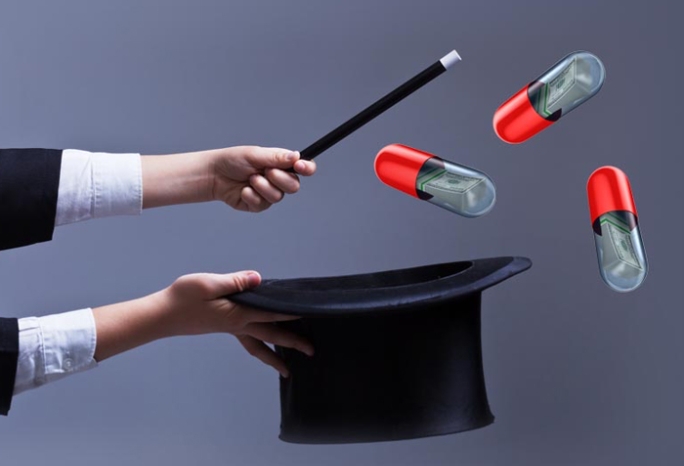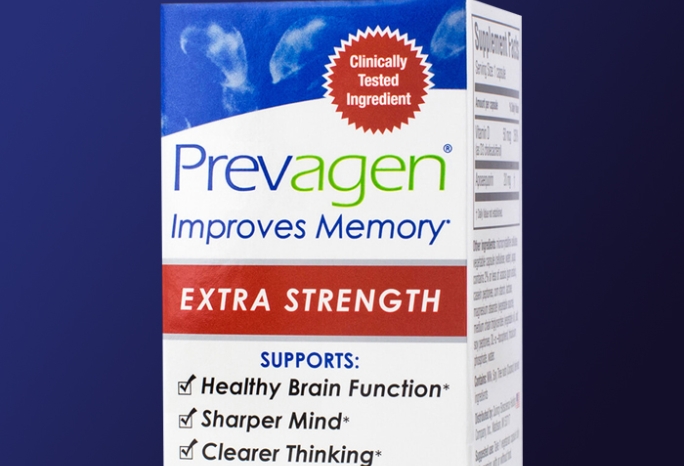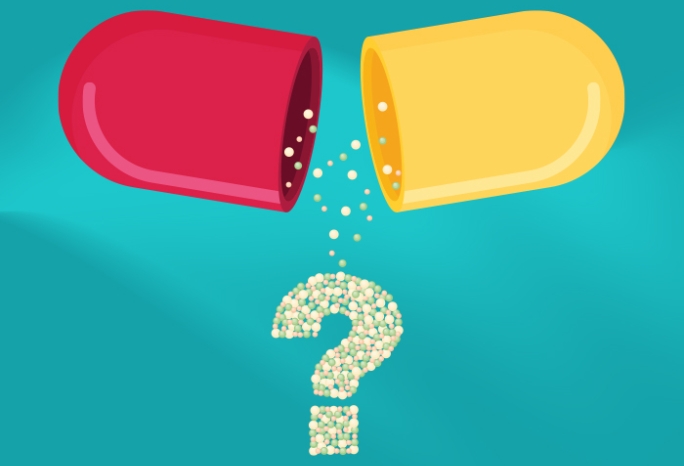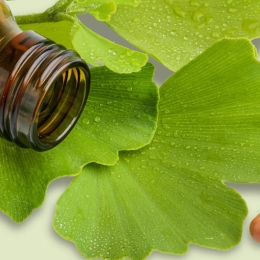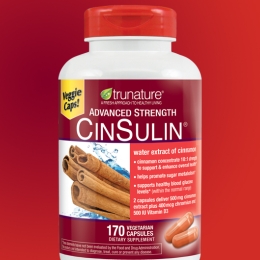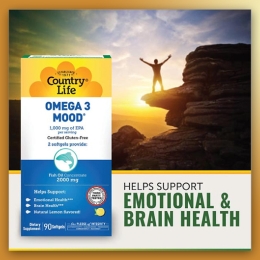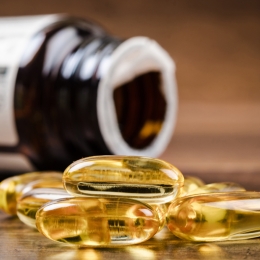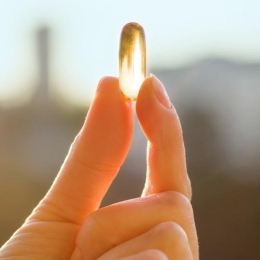
Vitamins & supplements
Which supplements are worth taking? (Hint: Not many.) Which are a waste, or can even be harmful? We look at the evidence for some popular supplements and conditions.

Should you take a multivitamin?
Do you need a multivitamin? The short answer: We don’t know. But here's why taking a multi may make sense.

Vitamins and minerals, explained
How much of each vitamin and mineral do you need from foods and supplements combined? How much is too much?
Immunity
There’s no shortage of claims about supplements that can kick your immunity into high gear. But many claims have a catch…or flimsy evidence.
- Featured content for NutritionAction subscribers
Can supplements help prevent or fight off a cold or the flu?
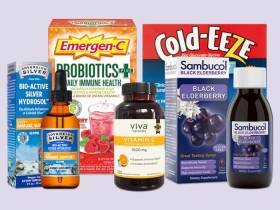
- Featured content for NutritionAction subscribers
What the best studies for echinacea and elderberry show
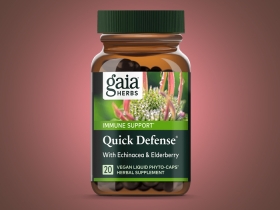
- Featured content for NutritionAction subscribers
Foods & immunity: What’s the catch?

Our Healthletter
Subscribe to Nutrition Action
We name names, remain strictly objective, and deliver scrupulously researched advice about food of all kinds, staying healthy with diet and exercise, and more.
Buyer beware
Hoping to keep your brain sharp? Boost energy? Improve your mood? There’s a supplement for that…if you believe marketers. But many supplements don’t live up to their claims. And some—especially risky weight loss, sexual enhancement, or bodybuilding supplements—may even contain undisclosed illegal, dangerous drugs.
Probiotics
Probiotics 101
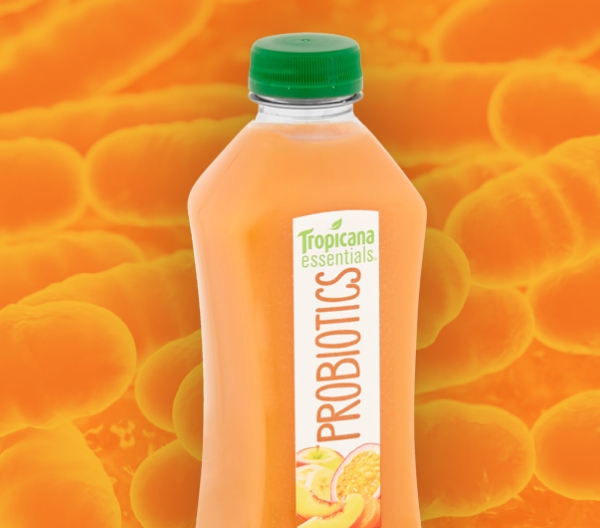
5 things to know about probiotics hype
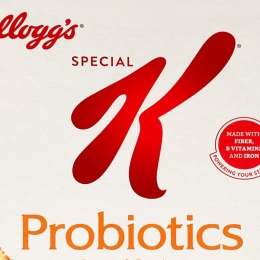
Probiotics for digestive woes
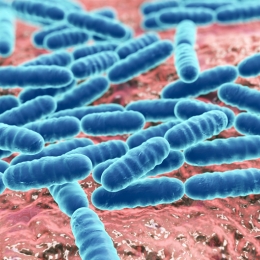
Why probiotics may not be harmless
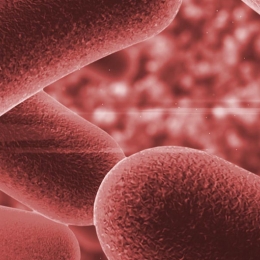
Can psychobiotics boost your mood?
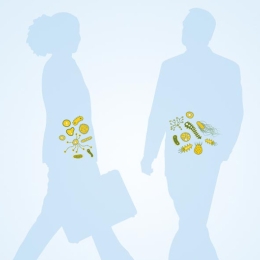
Vitamin D
It’s tough to reach the recommended intake for vitamin D from food. Your body can make vitamin D from sunlight, but not if you’re wearing sunscreen (you should). That’s why many people need a supplement to help protect their bones. Here’s what vitamin D can—and can’t—do.
Drug interactions
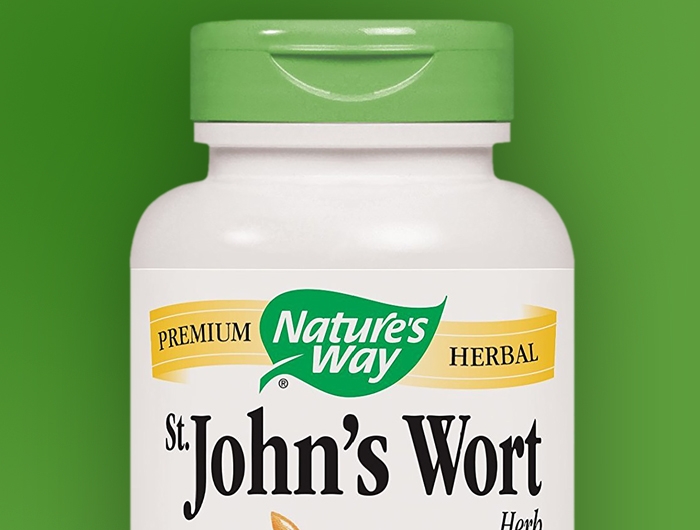
Supplements
How some supplements interfere with medications
It’s not only certain foods that can spell trouble for some medications. One of the worst offenders: St. John’s wort. A phytochemical in the herb ramps up the cytochrome P450 3A4 (CYP3A4) enzyme. (That’s the opposite of what grapefruit does to the enzyme.) That spurs the breakdown of many drugs.
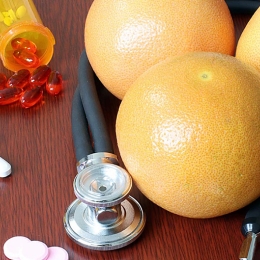
When foods & drugs don't mix
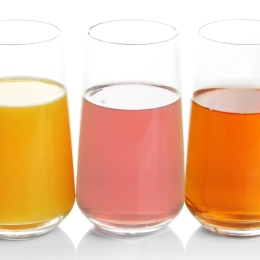
Why grapefruit doesn’t mix with some medications
Fish oil
The jury is still out on taking fish oil supplements for a healthy heart. But it’s a good idea to eat seafood (especially fatty fish) once or twice a week.


